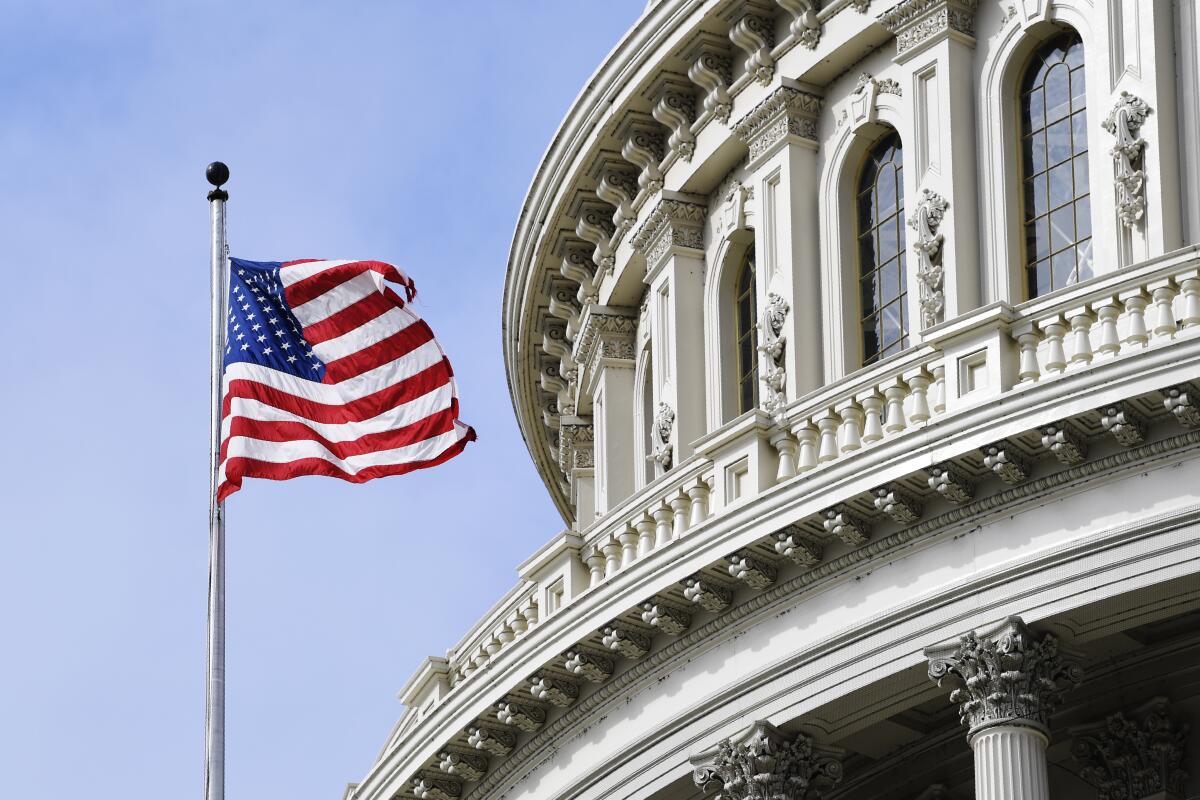Power Five conferences reportedly ask Congress to enact name, image and likeness policy

The commissioners who represent the five biggest conferences in college athletics wrote a letter to Congress, pleading for the passage of a federal law to regulate potential endorsements earned by college athletes hoping to profit off their name, image and likeness.
The letter, first obtained on Friday by Stadium, comes as several states have proceeded with passing their own policies on name, image and likeness, forcing the hand of college administrators. Last month, even the NCAA publicly acknowledged its support for updating rules regarding amateurism by 2021.
In the letter, commissioners from the Pac-12, the Southeastern Conference, the Big 12, the Big Ten and the Atlantic Coast Conference took it upon themselves to ask Congress for a âsingle, national standard for NILâ that would supersede any state law. The letter said that âtime is of the essence.â
âWe intend to work with the NCAA to help shape those rules, but the Congressional process should move forward in the meantime,â the letter read. âIn the absence of federal NIL legislation, we expect most if not all states to pass their own disparate NIL laws in early 2021 to take effect in the summer of 2021 if not sooner.â
In outlining their hopes for a federal law, the five commissioners reiterated that the status of student-athletes as amateurs â and not employees â should be kept at the forefront, with universities prohibited from meting out NIL compensation themselves. The letter declared that boosters should be prohibited from engaging NIL activity which âamounts to âpay-for-play,â while also suggesting that a âterm of academic progressâ should be required before a student-athlete can earn endorsement money.
Whether Congress will take up the issue remains to be seen. But the NCAA has previously suggested it plans to vote on new NIL rules in January.
More to Read
Go beyond the scoreboard
Get the latest on L.A.'s teams in the daily Sports Report newsletter.
You may occasionally receive promotional content from the Los Angeles Times.











